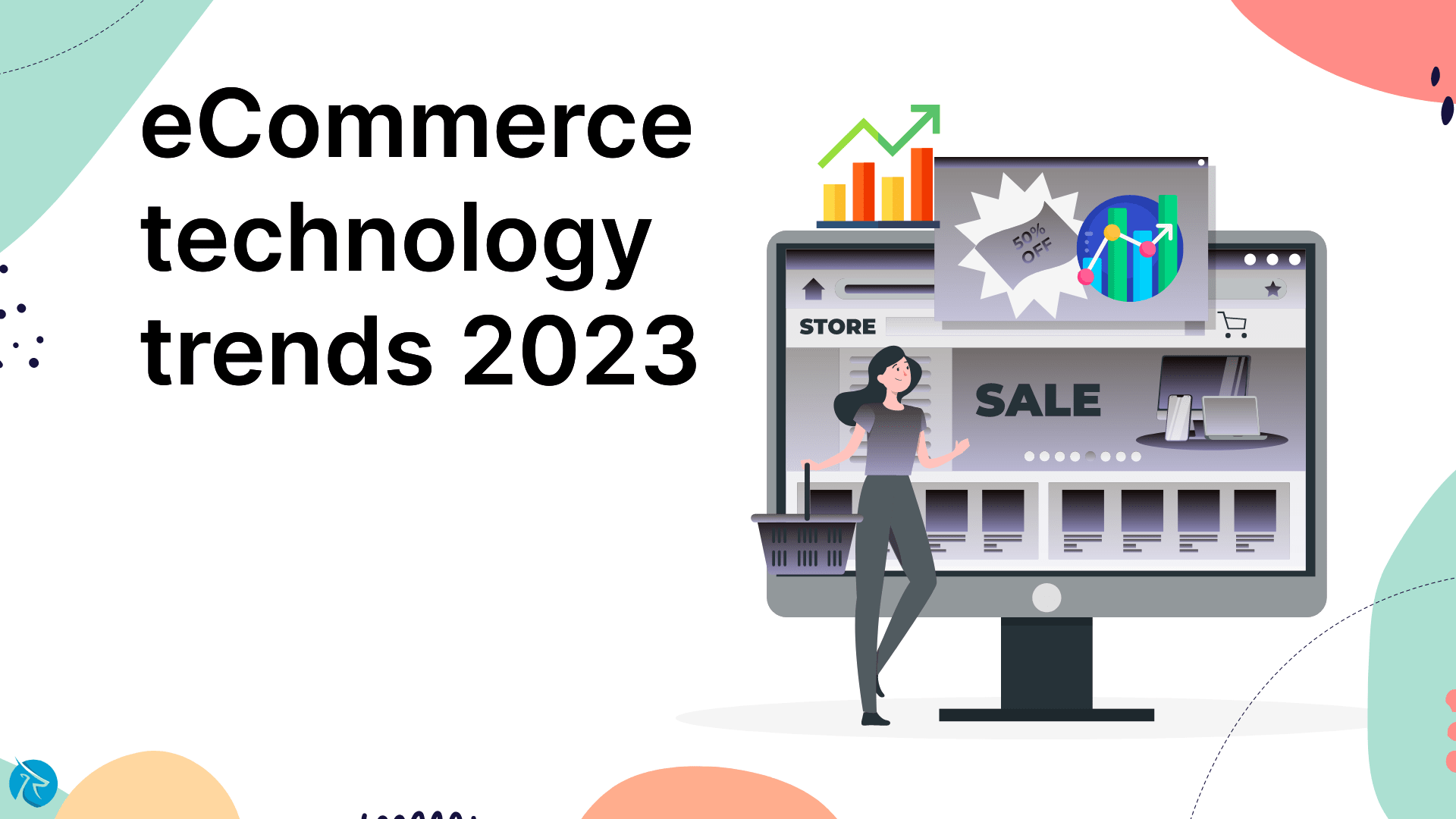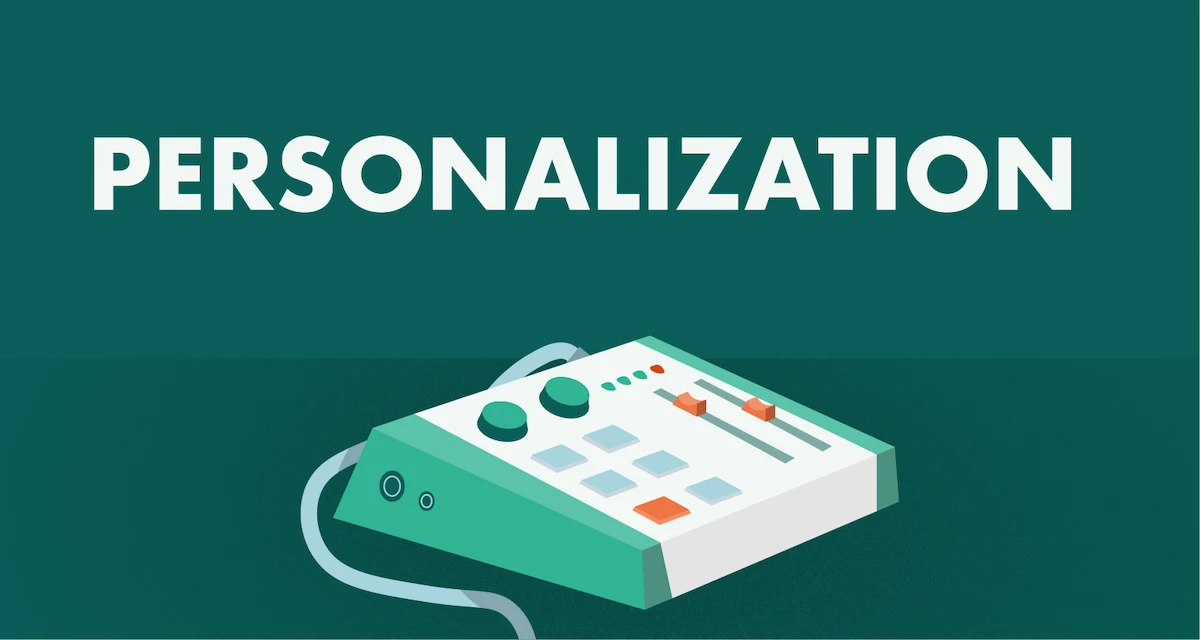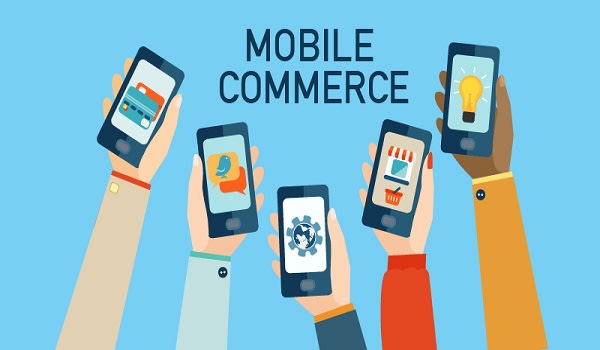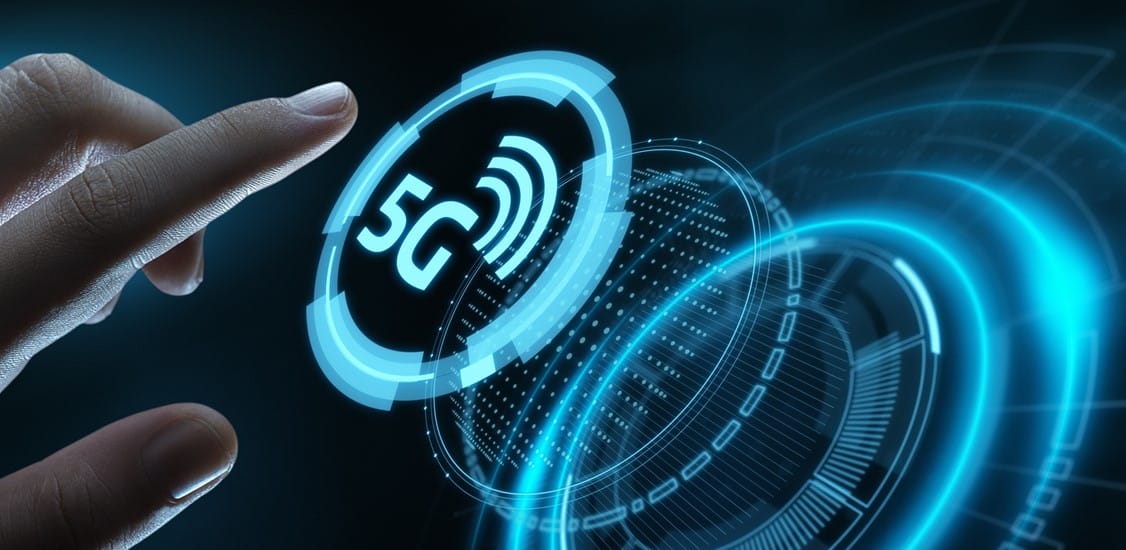eCommerce Technology Trends to Know in 2023

The world of eCommerce is a constantly evolving landscape, driven by the emergence of new technologies and trends that are set to shape the industry in the years to come. As we move into 2023, there are a number of key eCommerce technology trends that businesses should be aware of – and start preparing for—in order to stay ahead of the curve and deliver optimal customer experiences. In this article, Fordeer will take a closer look at some of these trends, exploring how they're likely to impact the eCommerce industry, and what businesses can do to prepare for them.
Augmented Reality (AR)
Augmented Reality (AR) technology is set to become even more prevalent in eCommerce in 2023. This exciting technology allows customers to "try on" products, taking the guesswork out of making purchasing decisions. AR technology is particularly useful in industries such as fashion and home decor, where customers can see how a piece of clothing will look on their body or how a particular piece of furniture will look in their room before making a purchase.

To prepare for the rise of AR technology in eCommerce, businesses need to ensure that their eCommerce platforms can handle this technology. This may involve incorporating AR features into product pages, ensuring that product photos are high-quality and show products from a variety of angles, and exploring new ways to incorporate AR into their broader marketing strategies.
Personalization
Personalization has been a buzzword in eCommerce for some time, and in 2023, it is set to become even more important. With AI-powered recommendation engines becoming more advanced than ever, businesses can offer truly personalized experiences to their customers based on past purchases, browsing history, and other factors.

To make the most of this trend, businesses need to invest in technology that allows them to collect and analyze customer data effectively. This may involve exploring new customer relationship management (CRM) systems, leveraging data analytics tools, and investing in marketing automation software that can help businesses deliver highly personalized marketing campaigns to their target audiences.
Voice Commerce
As voice recognition technology continues to improve, we can expect to see more and more customers making purchases using their smart speakers or virtual assistants. This presents a significant opportunity for businesses to expand their customer base and increase sales, but it also poses new challenges in terms of optimizing platforms for voice-based searches and commands.

To prepare for the rise of voice commerce, businesses need to focus on creating seamless mobile experiences, designing eCommerce platforms with voice-activated technology in mind, and investing in natural language processing (NLP) technology that allows customers to interact with their virtual assistants in a more natural way.
Social Commerce
Social media platforms are increasingly becoming shopping destinations in their own right, with the rise of social commerce offering businesses a new way to reach highly relevant audiences and drive sales. In 2023, we can expect to see this trend continue, with businesses investing more heavily in optimizing their eCommerce platforms for social media.

To prepare for the rise of social commerce in 2023, businesses need to focus on building strong social networks, creating highly shareable and engaging content, and exploring new ways to link social media campaigns with eCommerce platforms to drive conversions.
Mobile Commerce
Mobile commerce has been growing for years, and in 2023 it will become even more important as an increasing number of customers opt to make purchases on their smartphones and tablets. This means that businesses need to invest in creating high-quality mobile experiences, streamlining checkout processes, and delivering highly personalized experiences that cater to customers browsing on small screens.

To prepare for the rise of mobile commerce in 2023, businesses need to ensure that their eCommerce platforms are highly responsive, highly secure, and highly intuitive to use on mobile devices.
Blockchain Technology
Blockchain technology is gaining traction in eCommerce because it offers increased transparency in transactions, builds trust with customers, and protects data. It allows for secure transactions, which is crucial for businesses and their customers dealing with a large amount of sensitive data.

To prepare for the rise of blockchain technology in eCommerce, businesses need to take steps to understand the technology and how it can be integrated into their operations. They should also consider exploring new partnerships and collaborations with blockchain technology providers and investing in the necessary infrastructure to support blockchain-based transactions.
5G Technology
The availability of 5G technology is rapidly increasing, which presents new opportunities for eCommerce businesses. 5G technology offers faster internet speeds and more seamless experiences for customers using mobile devices, enabling retailers to offer more immersive online experiences that rival the in-store shopping experience.

To prepare for the rise of 5G technology in 2023, businesses need to focus on creating highly engaging and immersive customer experiences, exploring new ways to integrate video content into their eCommerce platforms, and building highly responsive and highly optimized mobile experiences that cater to customers browsing on the go.
Sustainability
Finally, sustainability will become an increasingly important trend in eCommerce in 2023 as become more conscious of the environmental impact of their purchases. This means that businesses need to take steps to reduce their carbon footprint, move towards more eco-friendly and sustainable business practices, and offer customers more environmentally friendly options.

To prepare for the rise of sustainability in eCommerce, businesses should explore new ways to reduce packaging waste, use more sustainable materials in their products and packaging, and invest in-neutral delivery options. Communicating the sustainability of the business operations and products can be a crucial factor in building and maintaining customer loyalty in 2023.
Wrap up
In conclusion, the eCommerce industry is set to undergo significant changes in 2023 as new technologies and trends emerge. Businesses that stay ahead of the curve and embrace these trends will be able to differentiate themselves, offer more immersive customer experiences increase conversions, and build customer loyalty in the coming years. By investing in the right tools, technologies, and strategies, businesses can ensure that they are well-positioned to succeed in the competitive world of eCommerce in 2023 and beyond.











